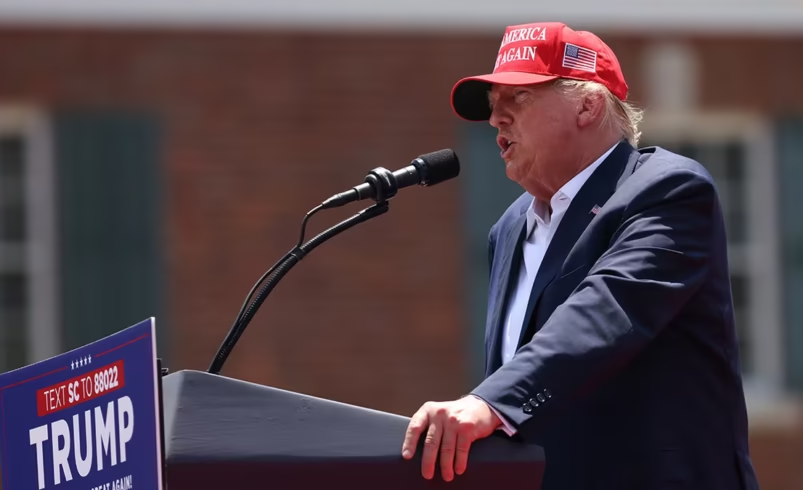Congress Repeals Green New Deal Subsidies: Trump’s Role in Regulatory Enforcement
- August 6, 2025
- 0

Congress has taken a significant step by repealing the largest green corporate subsidies in U.S. history, cutting over half a trillion dollars in tax credits from the Biden-era Inflation Reduction Act’s Green New Deal programs. This legislative move ends subsidies for electric vehicles and home energy improvements for the current and following year. Industry-level tax credits for wind, solar, and hydrogen are set to expire after 2027, with most other energy sources losing their subsidies by 2035. Without this intervention, taxpayers faced potential costs exceeding $100 billion annually by the 2030s.
While Congress’s actions mark a substantial achievement, the success of these measures hinges on strict regulatory implementation by the Trump administration. A coalition of conservative lawmakers emphasized the need for faithful regulatory enforcement as part of the political compromise to pass the budget bill. In response, President Donald Trump issued an Executive Order on July 7, directing the Treasury Department to tighten its interpretation of project requirements for tax credit eligibility and restrict access for foreign-subsidized firms.
The next phase involves rigorous enforcement to prevent misuse of tax credits. Under President Biden, Treasury guidance expanded green subsidies, leading to aggressive tax credit harvesting and inflated fiscal costs. The Trump administration aims to reverse this trend by implementing narrow interpretations, strict eligibility rules, and robust anti-abuse measures. Key reforms include raising spending thresholds, requiring substantial physical work completion, and enforcing foreign entity restrictions.
The Treasury is tasked with addressing appraisal-based tax credit fraud and eliminating loopholes like the 80/20 rule that allow inflated valuations. These reforms do not require new legislation but demand diligent enforcement of existing laws to prevent abuse. The administration must resist pressure from special interests seeking to influence regulatory processes.
With Congress having completed its part, the focus now shifts to execution. The Trump administration has an opportunity to dismantle one of the most expansive industrial policy experiments in recent history by ensuring that regulatory enforcement aligns with legislative intent.